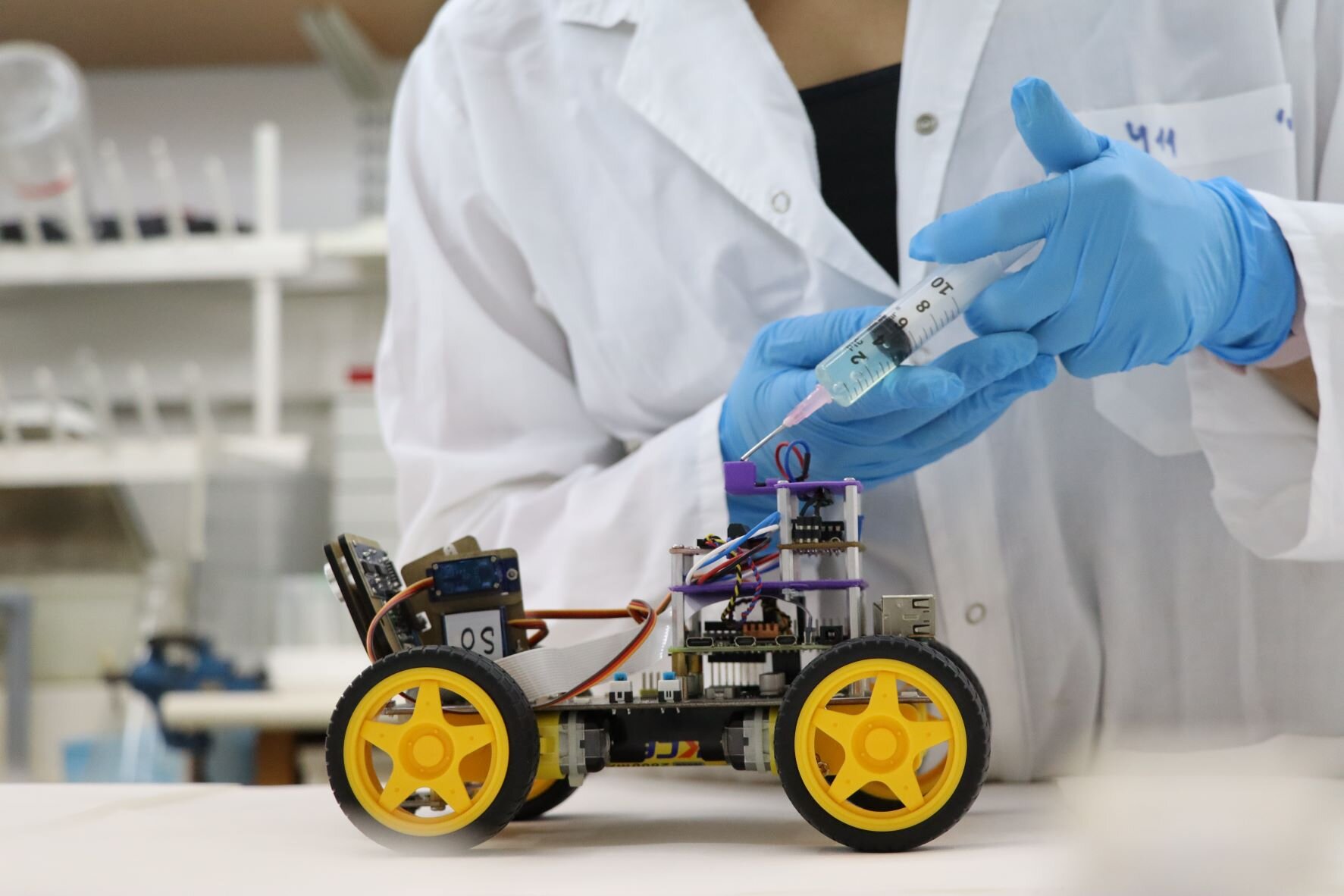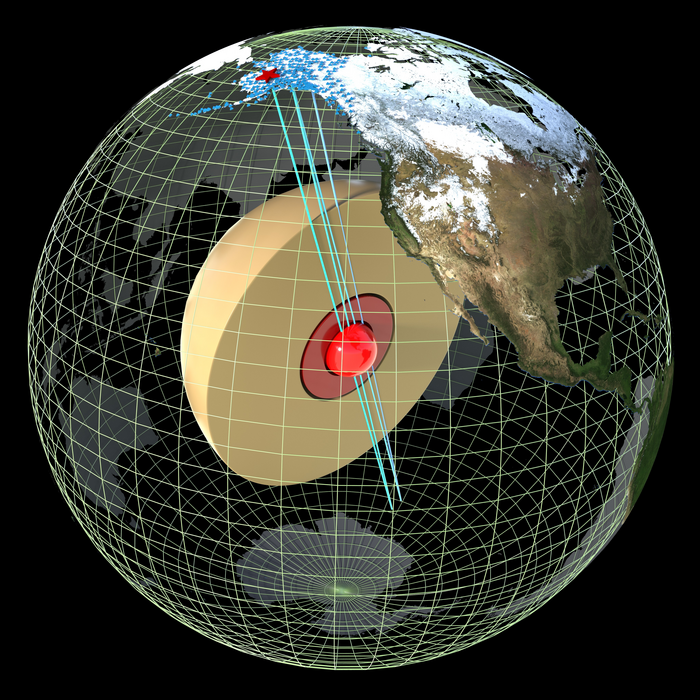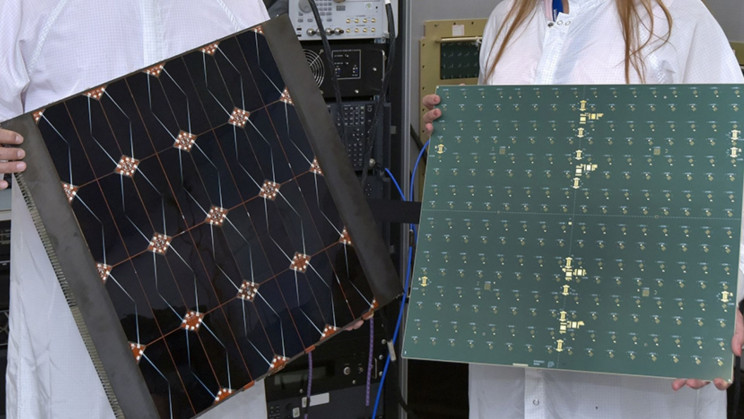There are a lot of fields in which identifying odors rapidly and accurately is very crucial. Now, Tel Aviv University researchers have made it possible for a robot to smell using a biological sensor.
The robot is made to detect and interpret electrical signals it receives from the biological sensor, in response to the nearby odor. Researchers connected biological sensors to an electronic system and they used a machine learning algorithm for this.
According to the researchers, they have successfully achieved the biological sensor’s sensitivity to smell 10,000 times higher than that of existing electronic devices.
“We connected the biological sensor and let it smell different odours while we measured the electrical activity that each odour induced,” said Professor Yossi Yovel, one of the researchers on the team.
“The system allowed us to detect each odour at the level of the insect’s primary sensory organ. Then, in the second step, we used machine learning to create a ‘library’ of smells.”
In all, researchers successfully characterized eight odors such as geranium, lemon, and marzipan
“The principle we have demonstrated can be used and applied to other senses, such as sight and touch,” said Dr. Ben Maoz, another of the study’s authors. “Some animals have amazing abilities to detect explosives or drugs; the creation of a robot with a biological nose could help us preserve human life and identify criminals in a way that is not possible today.
“Some animals know how to detect diseases. Others can sense earthquakes. The sky is the limit.”







